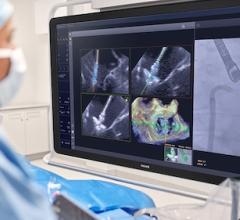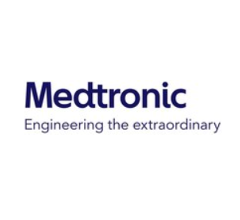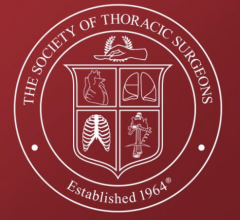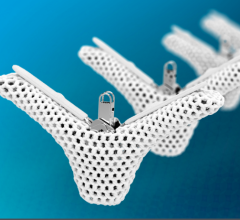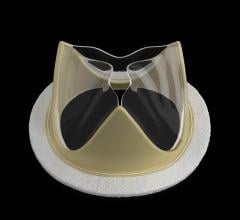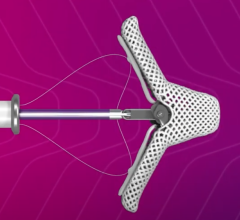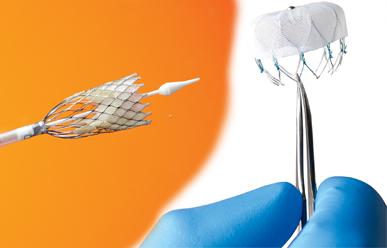
The field of interventional cardiology is one of constant change and innovation. The past 10 years have documented considerable advances, ranging from new drug-eluting stents to transcatheter aortic valve implantation (TAVI), mitral valve repair, renal denervation and left atrial appendage (LAA) occlusion. With these advances have come increasing concerns about the ability of the United States to remain at the forefront of research, especially in light of stringent FDA policies regarding clinical trials and device approval. This concern was the subject of keynote addresses by Jeffrey Popma and Robert (Chip) Hance at the 2013 Society for Cardiovascular Angiography and Interventions (SCAI) Scientific Sessions.
Describing the FDA’s impact on new device innovation in the United States, Popma, M.D., professor of medicine at Harvard University and director of interventional cardiology at Beth Israel Deaconess Medical Center, pointed out that the medical device industry is an approximate $350 billion global industry with U.S.-based companies dominating the current market and the majority of innovation driven by small companies.
FDA Device Classes
FDA involvement in medical devices dates back to 1976, when the Medical Device Amendment gave the agency authority to regulate the safety and effectiveness of medical devices. Currently medical devices are divided into three classes based on risk, with low-risk devices such as bandages considered Class I, and heart valves considered Class III.
PMA vs. 510(k)
FDA submission for Class III devices can come in the form of a 510(k) clearance or pre-market approval (PMA). PMA is generally for new devices that do not have a comparable technology that is already on the market. It can be a lengthy process in which trial data needs to show safety and efficacy, usually for a new technology.
A 510(k) submission is notification to the FDA of the intent to market a new device that is substantially similar to an existing device already on the market. This route is less expensive a usually much faster than PMA submissions. In the 510(k), clinical data for safety and effectiveness is not required; however, the primary goal is to show equivalence in the performance of the device compared to a predicate device. At present, approximately 80 percent of devices are submitted via this pathway to the FDA. PMA requires sufficient clinical evidence that the device is safe and effective for its intended use.
Slipping U.S. Leadership in Device Innovation
The Makower report, a survey of public- and venture-backed companies, highlighted delays between approvals by the FDA compared to easier CE mark approval process in Europe. The time difference between CE and FDA approvals for the same product can be years. Of note is that European regulators require evidence of safety and performance, but not of efficacy. According to the report, the delays in U.S. approval result in significant costs and increasing concern that the United States is no longer leading medical device innovation.
While such delays are clearly an issue for the medical device industry, Popma said, there are pressures on the FDA that must be recognized. These include academic pressure to clearly define benefit of such devices and consumer pressure, heightened by product recalls, to ensure public safety.
What is clear, is that clinicians and the FDA have a vested interest and in fact the same goals to treat patients with reasonable safety and efficacy, emphasized Dr. Popma. He hopes that, through close collaboration, these goals will be achieved.
Complementing Popma’s keynote address was the SCAI Town Hall Keynote Lecture by Hance, who was president of Abbott Vascular and senior vice president of Abbott Laboratories, and is now an entrepreneur in residence at the FDA’s Center for Devices and Radiological Health.
His presentation, titled “U.S. Clinical Ecosystem for Cardiovascular Devices,” also highlighted the gap between CE and PMA, a gap that has been growing since 2000 due to increased rigor in scientific studies, requirement for randomized trial data, more specific inclusion criteria, tighter statistical plans and longer patient follow-up.
Although most would agree that this strategy is generally beneficial, it comes at a cost. This includes monetary costs to complete studies, which impact small and large companies alike, as well as the long delays associated with FDA decisions, which also have financial impact. This is especially true of start-up companies that develop a new technology and must fund years of research and salaries for employees before the FDA finally decides the fate of the product. Many times, smaller companies cannot sustain the necessary capital.
Together these factors create challenges to initiate and complete clinical studies, obtain crucial patient data and perhaps also provide an opportunity to focus on improvement, Hance said.
Efforts to Preserve U.S. Leadership
Hance said there have been multiple initiatives to improve the existing system FDA approval process. He cited the FDA’s attempts to address these issues with its Clinical Trials Transformation Initiative, Medical Device Innovation Consortium, and FDA Entrepreneur in Residence Initiative. In addition, key action items have been identified for improvement, including better communication between the FDA and sponsors to avoid unnecessary repeat submissions, limiting variability in approval times and promoting collaboration among stakeholders to make meaningful improvement.
This may provide an opportunity for interventional cardiology to take a lead in the field of medical studies in the future, especially considering the FDA’s efforts to enhance the environment of clinical trials in the United States, Hance said.
By the end of the SCAI Town Hall session on device innovation and clinical trials in the United States, attendees were left with a few key messages.
· First, the medical device industry is important not just for improving the care of patients, but also for the economic health of the country.
· In the recent past, there have been difficulties with device approval; however, the requirement for clinical evidence of safety and effectiveness is important for the well being of patients.
· Finally, clinicians, who share similar goals as the FDA, must play an important role in collaborating with not only the medical device industry, but also with the FDA to improve clinical trials and remain at the forefront of medical device innovation.
Editor’s note: Anita Asgar, M.D., FSCAI, is director of the transcatheter valve program at the Montreal Heart Institute and specializes in structural heart interventions, congenital disease and cardiac MRI.


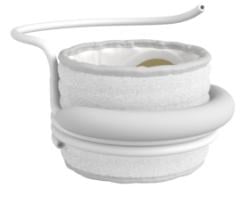
 December 24, 2025
December 24, 2025 
